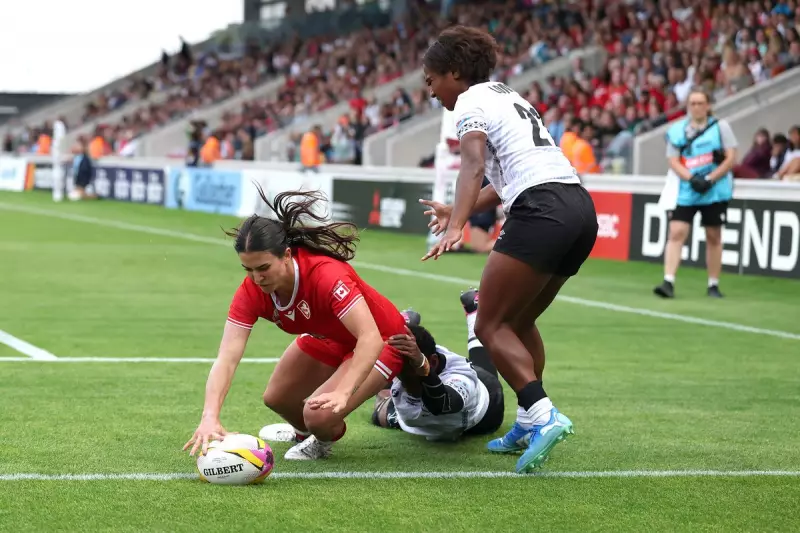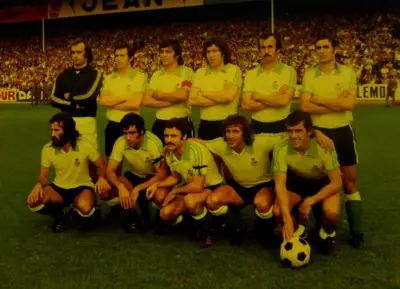
A chorus of concern is rising from the world of rugby following a series of staggering, one-sided results at the Women's Rugby World Cup. Record-breaking victories have exposed a significant and growing competitive imbalance within the sport, forcing governing body World Rugby to confront difficult questions about the tournament's future format.
The most eye-watering scoreline saw England's Red Roses demolish South Africa 75-0, a result that barely raised an eyebrow given the chasm in resources and development between the top-tier and emerging nations. This was not an isolated incident but part of a worrying pattern that has defined the early stages of the competition.
A Pattern of Dominance
The gulf in class has been stark. Alongside England's crushing win, other heavyweights have posted cricket-like scores:
- France put 83 points on South Africa without reply.
- Canada secured a 66-7 victory over Japan.
- New Zealand's Black Ferns began their campaign with a commanding 56-12 win over Australia.
These results have shifted the focus from celebration of the sport's growth to serious debate about the sustainability of such mismatches. While the skill and power of the top teams are undeniable, the frequency of these blowouts threatens to undermine the competitive integrity of the global showpiece.
Root Causes and Calls for Change
Experts point to a twofold problem. Firstly, the qualification process has been criticised for being too restrictive, often preventing developing nations from gaining crucial top-level experience. Secondly, there is a vast disparity in funding, professional contracts, and year-round training structures between the handful of leading nations and the rest.
This has created a scenario where a small group of teams arrives at the World Cup battle-hardened and physically supreme, while others are left severely underprepared for the intensity. The result is a group stage that often feels like a foregone conclusion, doing a disservice to both the dominant teams and those on the receiving end.
The Path Forward
The solution, many argue, lies in a radical rethink. There are growing calls for World Rugby to:
- Expand the World Cup to include more teams.
- Implement a more inclusive and frequent qualification pathway.
- Invest significantly more financial and technical resources into emerging nations.
- Consider a two-tiered tournament structure to ensure more competitive fixtures throughout.
Without decisive action, the fear is that the Women's World Cup will continue to be defined by its predictable and lopsided opening rounds, rather than the thrilling, competitive knockout rugby it consistently delivers in its later stages. The ball is now firmly in World Rugby's court to ensure the sport's showcase event lives up to its name for all participants.





